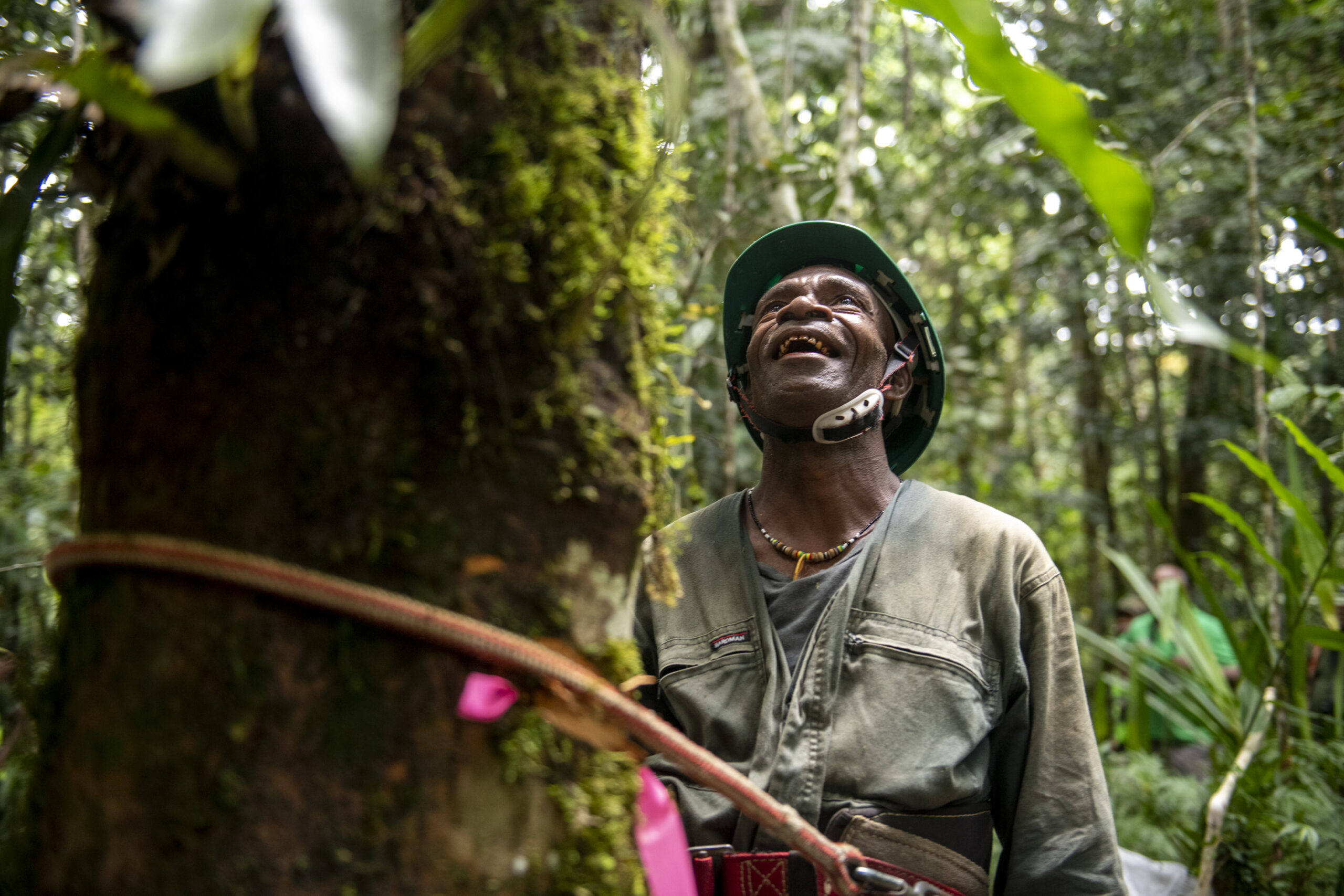Papua New Guinea (PNG) has taken a global lead in seeking to combat climate change since 2005, at COP11 in Montreal, Canada, when PNG and Costa Rica introduced the concept of REDD+ to the United Nation Framework Convention on Climate Change (UNFCCC), particularly by proposing measures to realize the carbon abatement opportunity offered by preserving and sustainably managing tropical forests.
Read MoreThe FPIC Guidelines give more details on the procedure related to applying FPIC and further guidance on the different approaches to consult at various levels and giving effect to the Climate Change Management Act 2015 (as Amended) which recognizes the rights of customary landholders through the FPIC process and provides guidance on how to obtain consent. The objective of the
Read MoreThe BSD aims to ensure effective, transparent, and fair, distribution of REDD+ benefits to the relevant parties that contribute to and ensure permanence of emissions reductions and conserve biodiversity and ecosystem services; and to promote and track financial investments in REDD+ for desired and equitable outcomes across all scales of the benefit sharing and distribution system; and to build confidence
Read MoreThe GRM specifically outlined the steps required from intake to referral and who is responsible, and the actions involved. The GRM is administered from CCDA as the government agency mandated with the power to coordinate all Climate Change/REDD+ related National REDD+ Grievance Redress Mechanism Guidelines activities, structures and systems by virtue of the Climate Change Management Act 2015 (as Amended)
Read MoreThe implementation of a Safeguard Information System (SIS) is essential for enhancing transparency in REDD+ (Reducing Emissions from Deforestation and Forest Degradation) projects. Here's how an SIS achieves this: 1. Comprehensive Data Collection An SIS gathers extensive data on the social, environmental, and governance aspects of REDD+ projects. This data includes information on carbon emissions reductions, biodiversity conservation, and the
Read MoreThe integration of Indigenous Peoples in the implementation of safeguards is critical to the success and sustainability of REDD+ (Reducing Emissions from Deforestation and Forest Degradation) initiatives. Indigenous communities are often the stewards of the world's forests, possessing invaluable knowledge about biodiversity, forest management, and sustainable practices. Recognizing and incorporating their rights, knowledge, and participation in REDD+ safeguards not only
Read More





